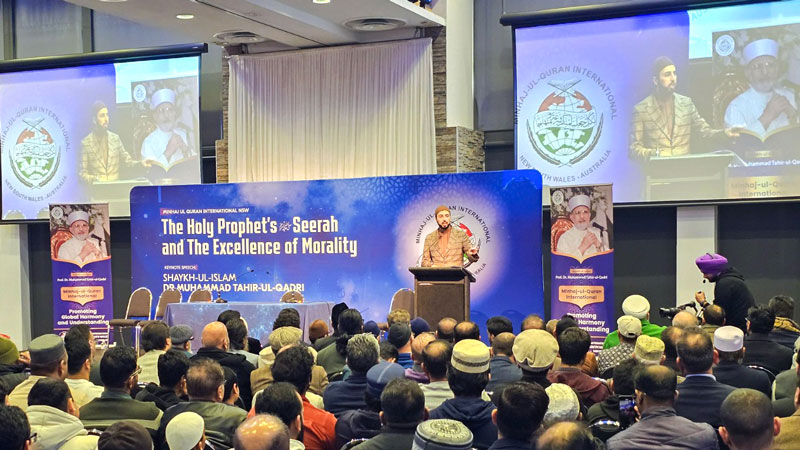
Shaykh Hammad Mustafa al-Madani al-Qadri delivered a thought-provoking address at the Sydney Conference on “The Holy Prophet (PBUH): An Inspiration for Humanity in the 21st Century,” underscoring the timeless relevance of Holy Prophet Muhammad’s (PBUH) character and teachings in today's world.
The event was graced by notable figures including Chairman Supreme Council Dr. Hassan Mohiuddin Qadri, President Minhaj-ul-Quran International Prof. Dr. Hussain Mohi-ud-Din Qadri, President Minhaj-ul-Quran Women League Dr. Ghazala Qadri, Mrs. Fizzah Hussain Qadri, Mrs. Safa Hammad Qadri, and Shaykh Ahmad Mustafa al-Arabi al-Qadri.
Shaykh Hammad Mustafa began his address by recounting the story of the Black Stone (Hajr al-Aswad) and its placement in the Ka’ba. During the early years of Holy Prophet’s (PBUH) life, the Quraysh tribe, responsible for maintaining the Ka’ba, decided to renovate it and reposition the Black Stone, which had become displaced. This decision let to formidable dispute among the tribes, each wanting the honour of placing the stone back. To resolve the conflict, the Holy Prophet (PBUH), renowned for his honesty and wisdom, proposed a solution: he placed the Black Stone in a large cloth and had representatives from each tribe hold the corners of the cloth. Together, they lifted the stone to its intended position, and the Holy Prophet (PBUH) then placed it into the Ka’ba himself. This act not only showcased his leadership but also his commitment to unity and fairness, peacefully resolving the dispute.
Shaykh Hammad Mustafa highlighted this event as an example of the Holy Prophet’s (PBUH) perfect character even before announcing his prophethood. He emphasised that the Holy Prophet (PBUH) maintained a balanced and moderate demeanour throughout his life, contrasting with the fluctuating emotions often experienced by individuals. The Holy Prophet (PBUH) embodied mercy, justice, forgiveness, morality, and humanity, making his life the ultimate source of inspiration.
He further discussed the Holy Prophet’s (PBUH) response to the apprehensions of Jewish tribes and minority clans in Medina after his migration. By issuing the Charter, later known as the Constitution of Medina, the Holy Prophet (PBUH) guaranteed the rights and freedoms of all communities, ensuring that both Muslims and non-Muslims enjoyed civil liberties and equal treatment. This act exemplifies his exceptional statesmanship and commitment to inclusivity.
In conclusion, Shaykh Hammad Mustafa urged that the life of the Holy Prophet (PBUH) serves as a powerful lesson for contemporary Muslims. His unwavering generosity, kindness, and mercy, even in adversity, should inspire Muslims today to lead by example, offer leniency, forgive transgressions, and share knowledge and wisdom.
The conference was also attended by various dignitaries, including National Grand Mufti of Australia Sheikh Riad El-Rifai, Assistant President of the Legislative Council of New South Wales Shaoquett Chaher Moselmane, President MQI AUS Zafar Iqbal Khan, President MQI NSW Mian Muhammad Wasiq, Ch Latif, Rohail Dalvi, Zaheer Alvi, Dr. Asif Khawala, Muhammad Toseef, Ch Saeed, Muhammad Zahid, Muhammad Ishtiaq, Mohsin Shafique, Farrukh Hussain, Khawaja Hasnain Farquleet, Dr. Amir, Faisal Hussain Mashadi, Milad Raza, Adnan Sohail, Javed Iqbal Awan, Sr. Mehwish, Sr. Nosheen, Sr. Sana, Sr. Veena, Sr. Aiman, Sr. Salma, Sr. Fareeha and many other Leaders and members of Minhaj-ul-Quran Australia.
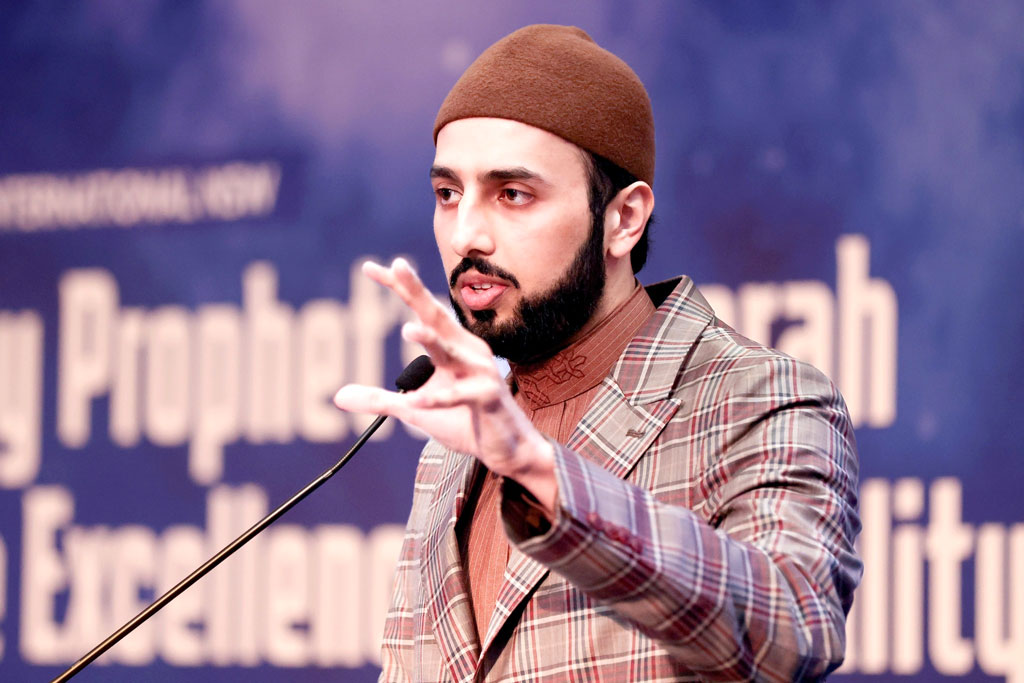
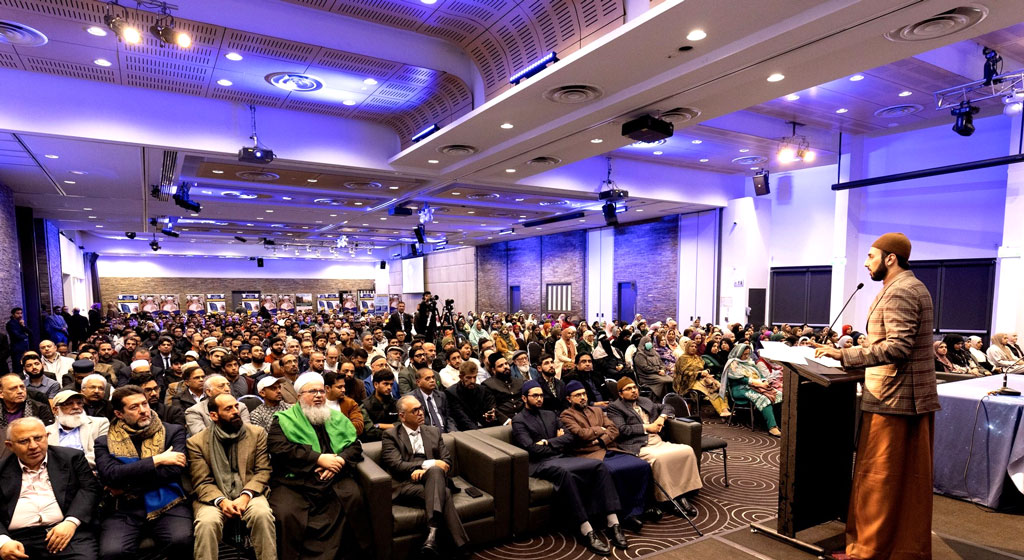
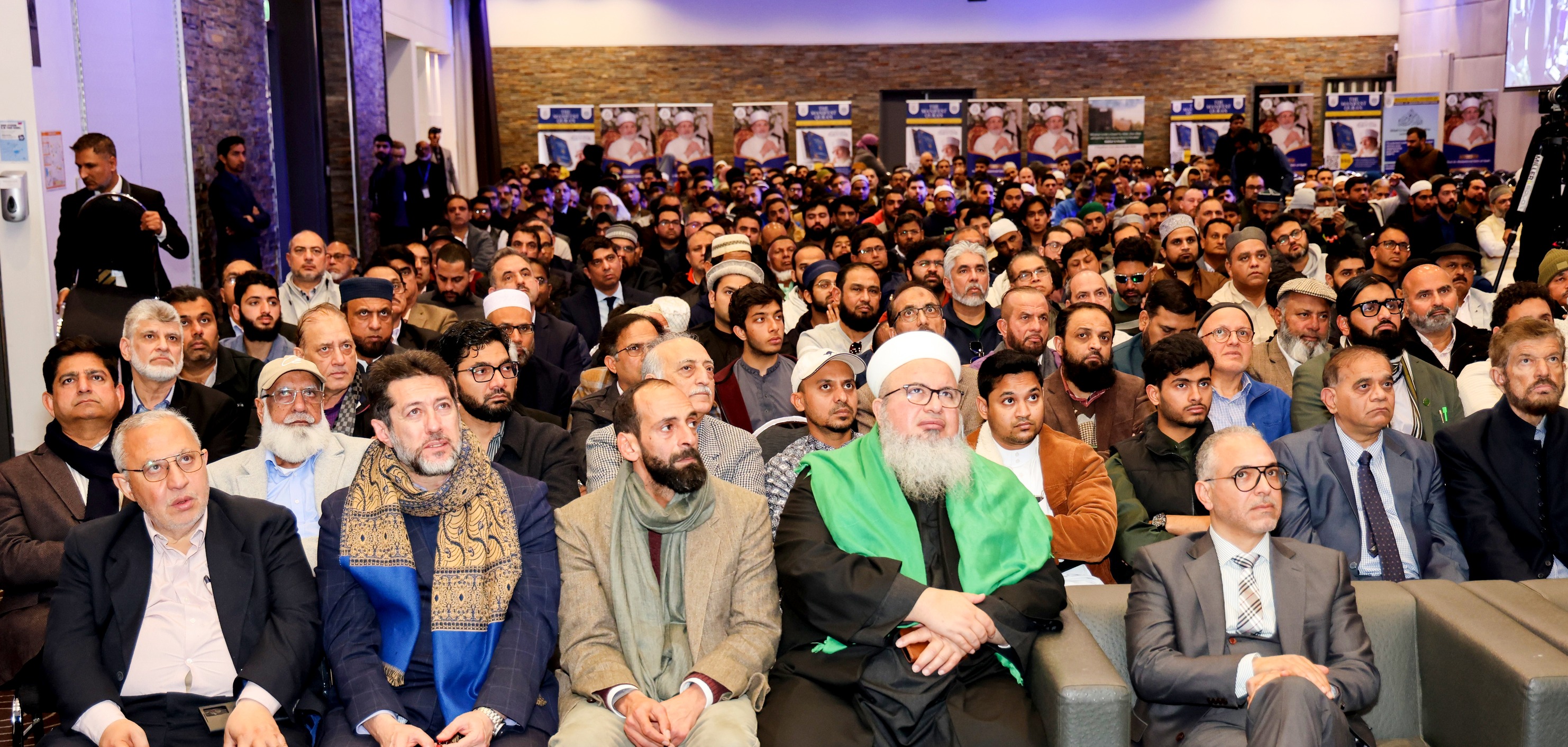
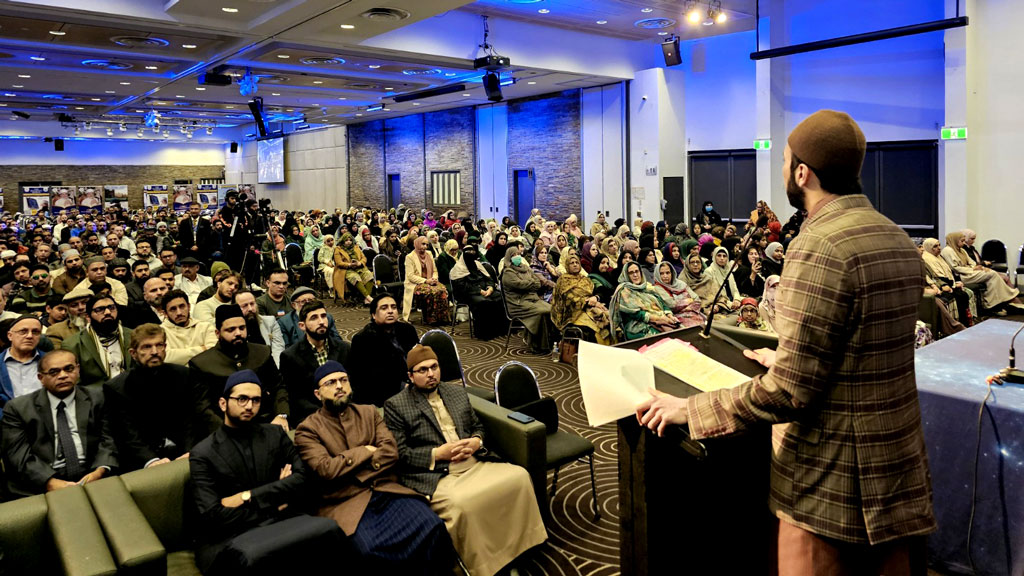
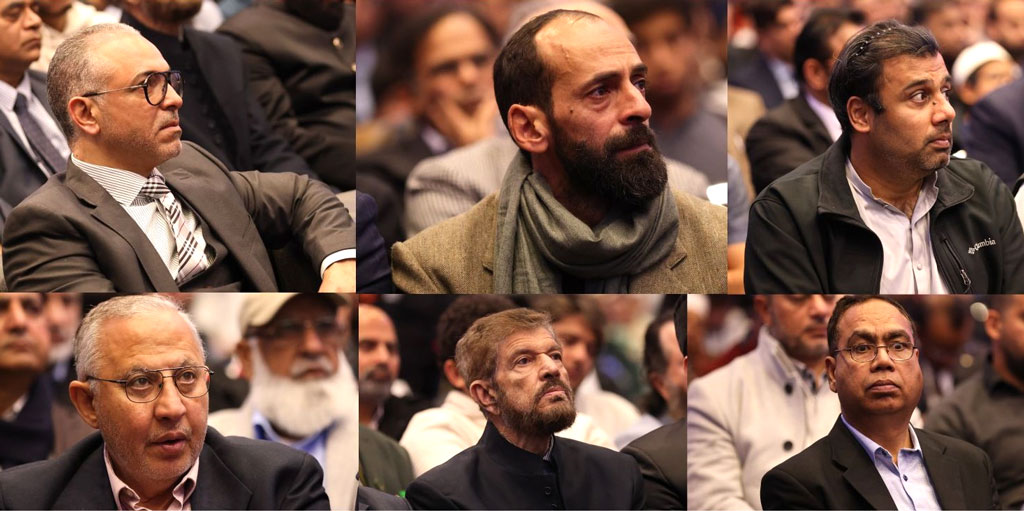
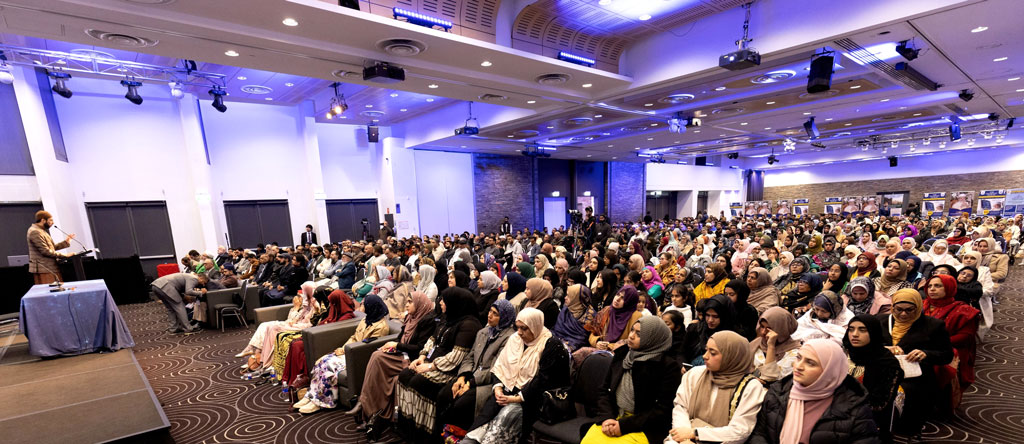
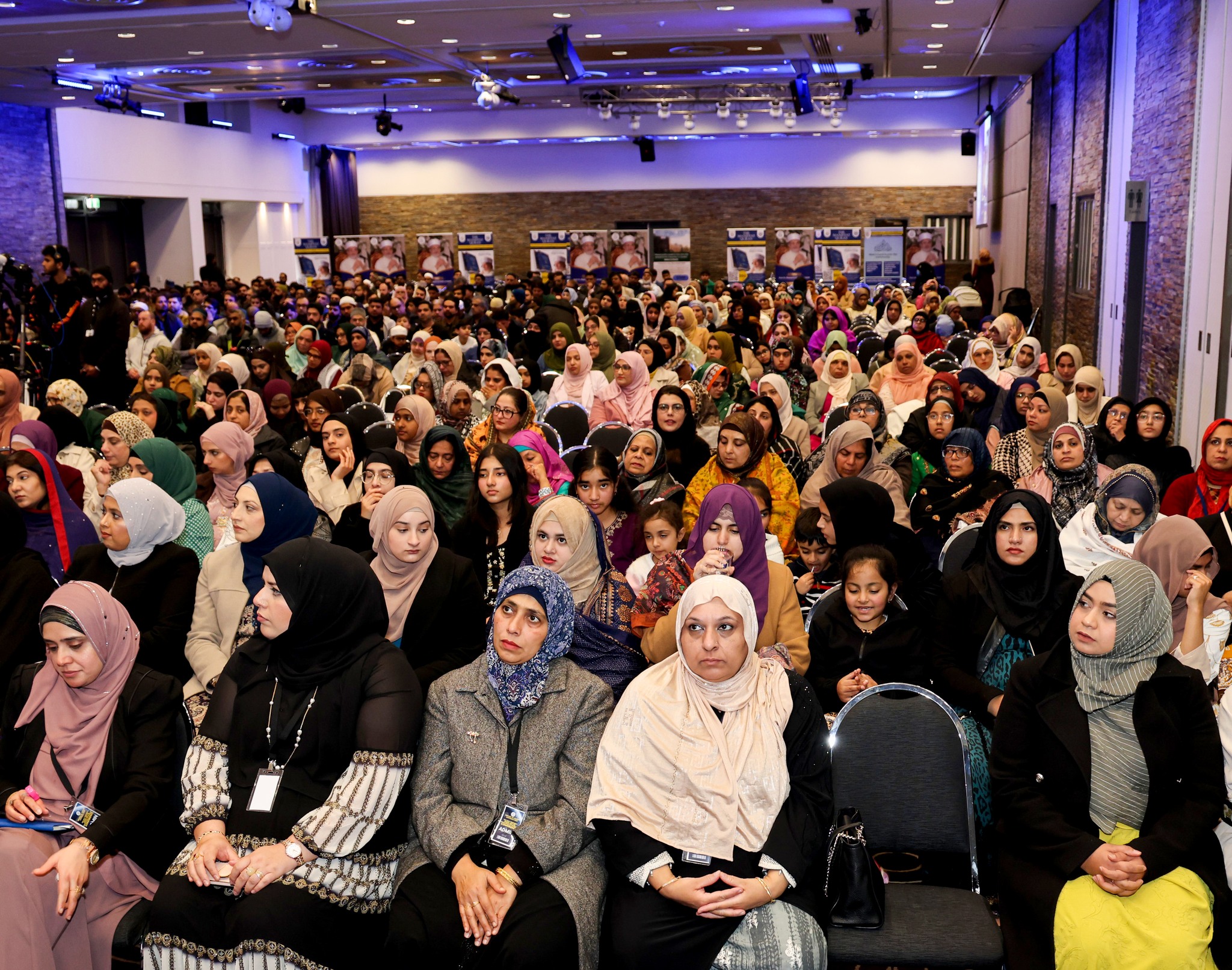
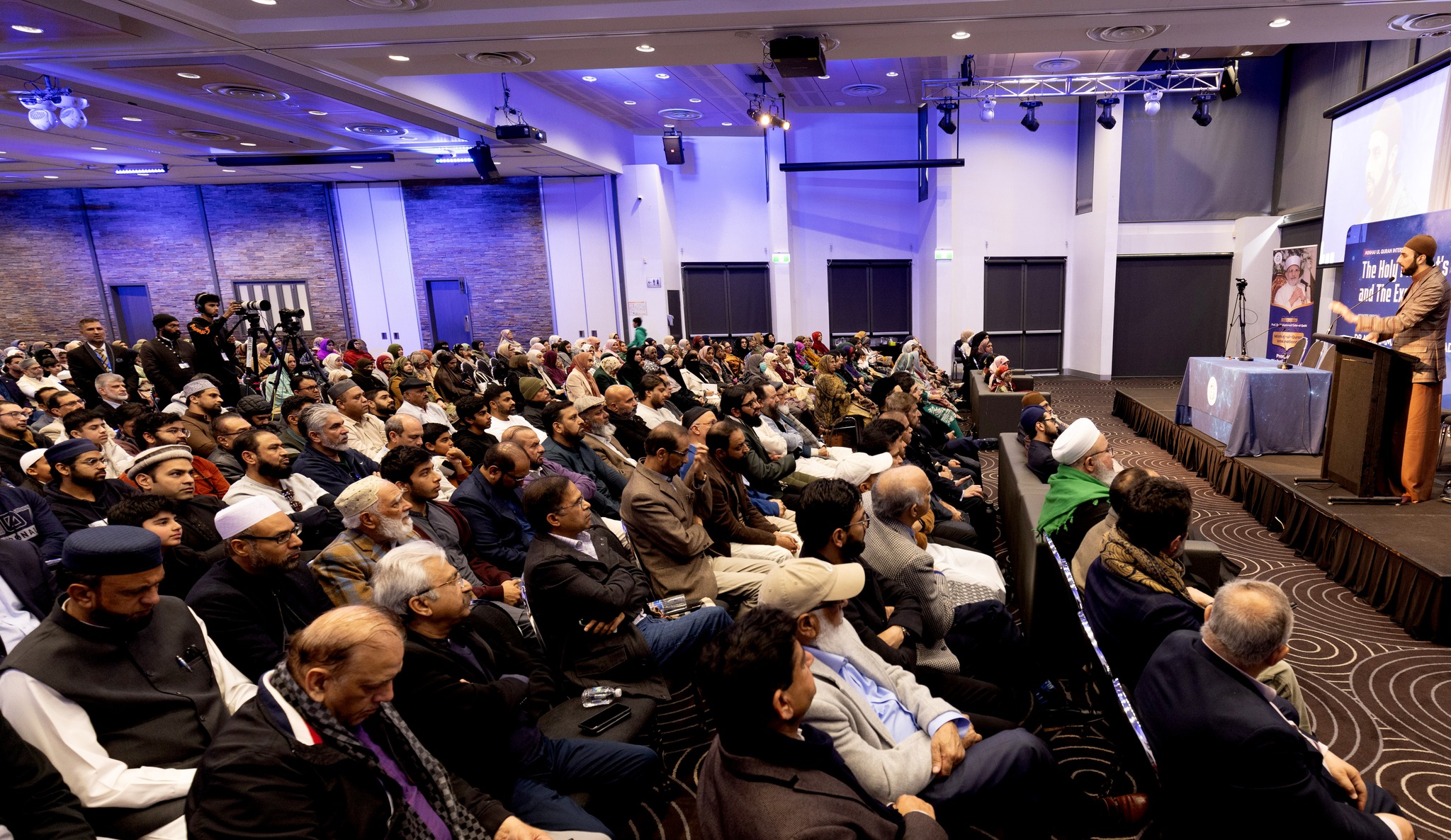
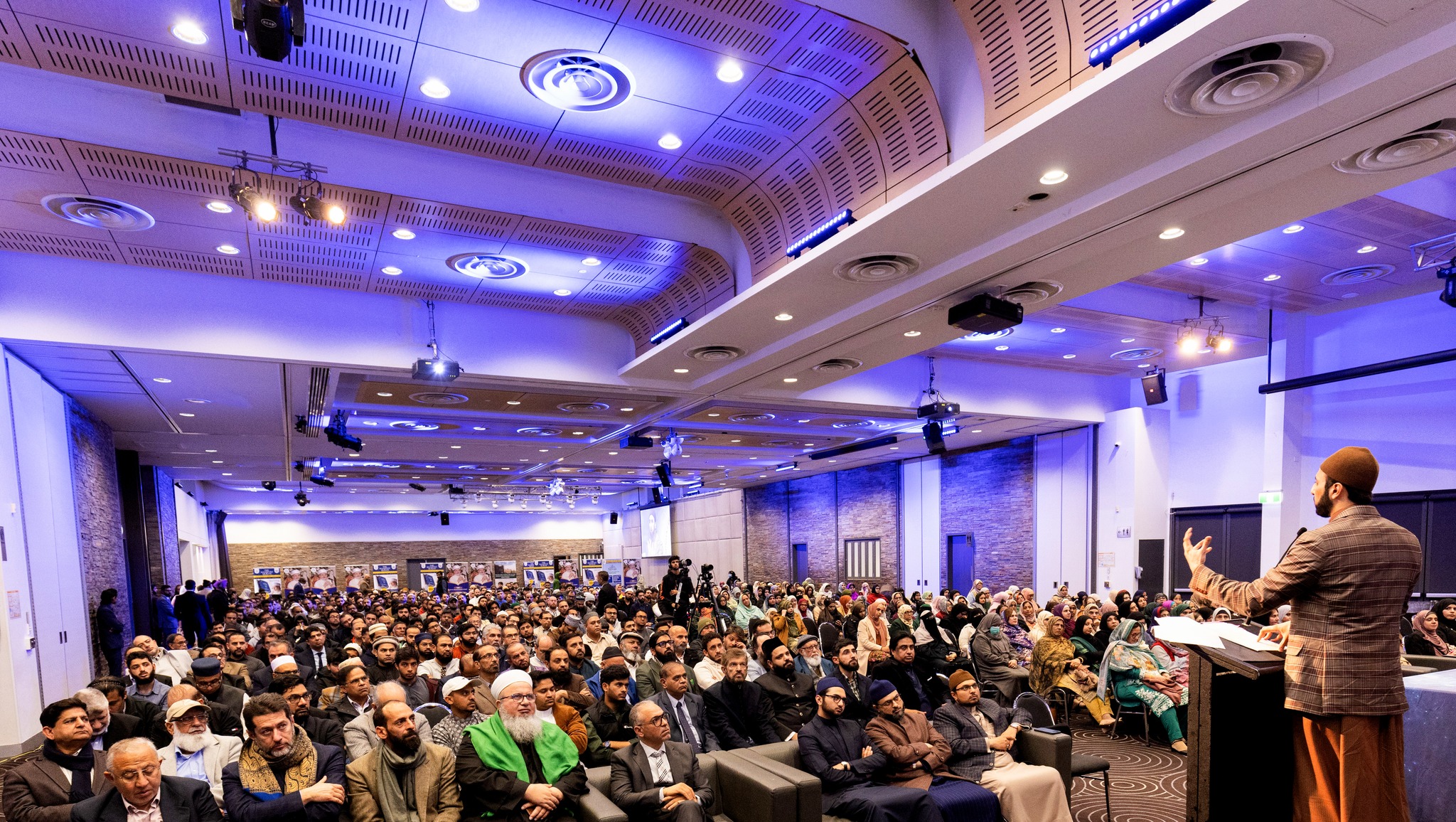
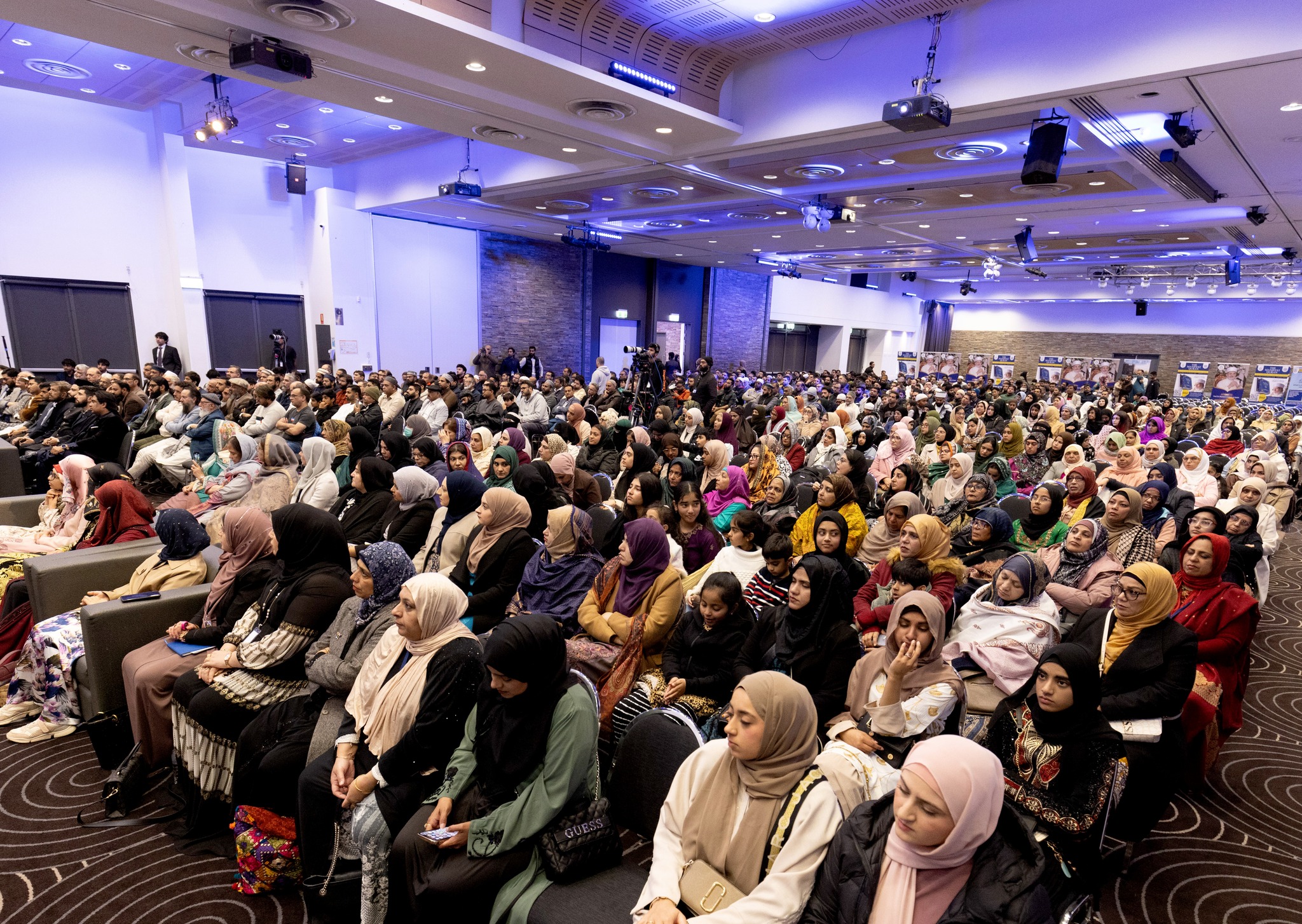
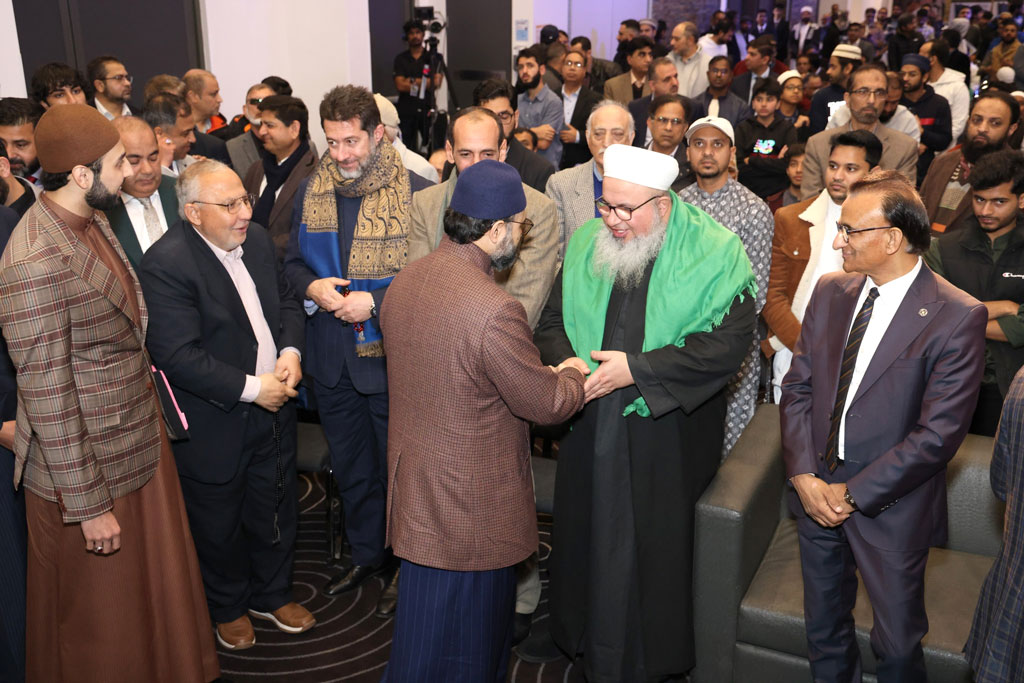
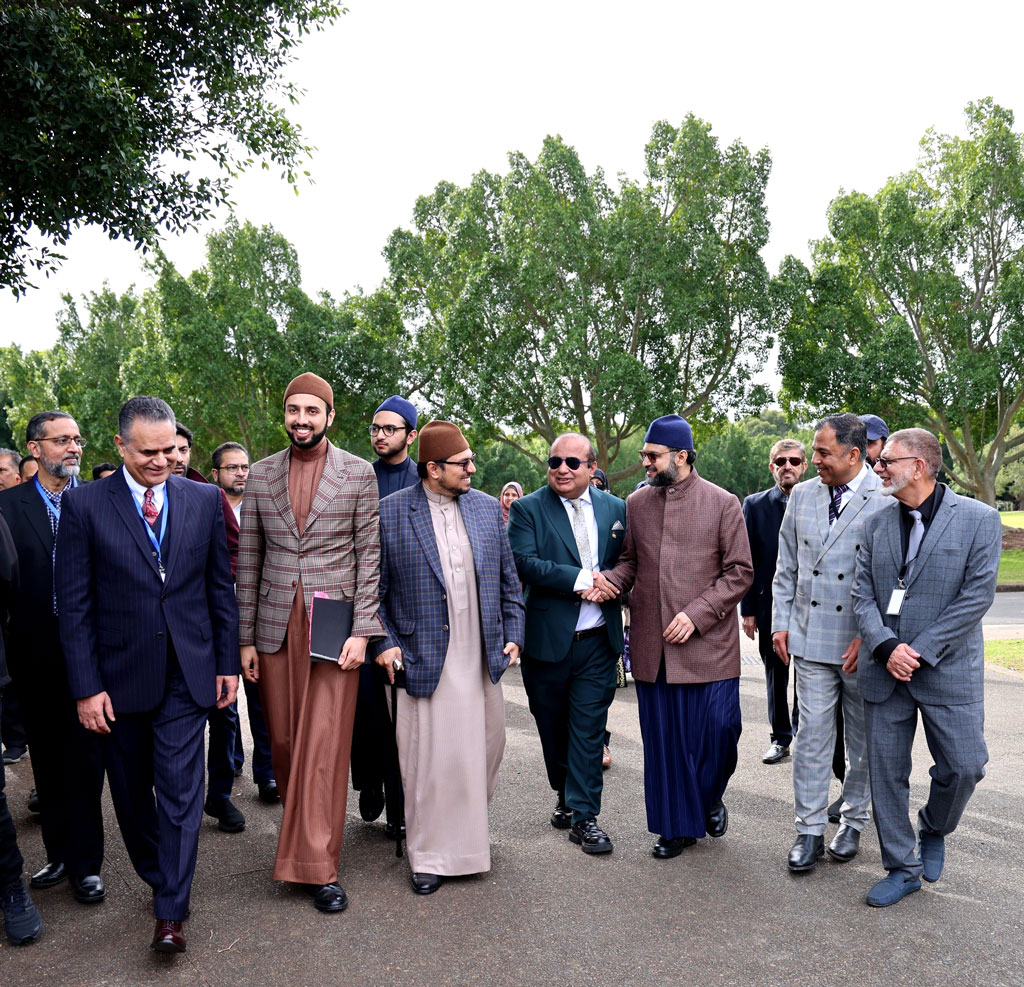

Comments